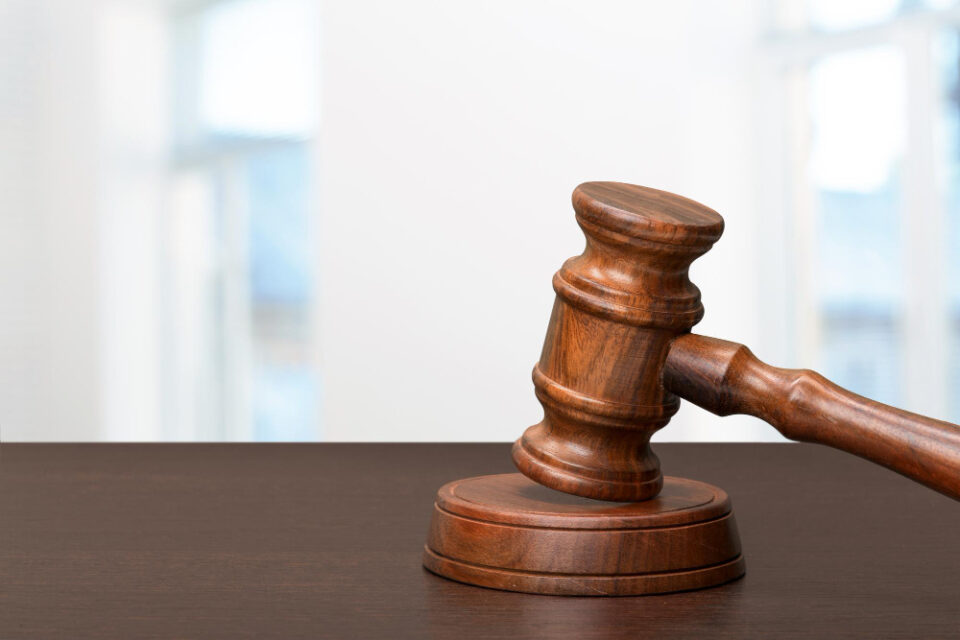One of the most pressing concerns when facing criminal charges is securing release from jail pending trial. Understanding your options, including the significance of bail bonds, becomes crucial. You can navigate through the complexities with ease and confidence with this bail bonds guide.
The Process Of Arrest And Detention
An arrest starts the journey. Personal information, fingerprints, and a mugshot are taken during the booking process after being taken into custody. The individual awaits a bail hearing or arraignment after booking.
Understanding The Bail Process
The court provides a form of security to ensure the defendant’s appearance at future court proceedings. It allows the individual to remain free while they wait for trial.
The bail amount is determined by the magistrate based on various elements, such as the seriousness of the charges, the accused person’s previous criminal activities, and the likelihood of escape.
Bail Of Different Types
Cash bail, property bond, and surety bond are all common types of bail arrangements. The full bail amount must be paid in full, while a property bond uses the property as collateral. Bail bonds involve a third-party surety company that guarantees the full bail amount in exchange for a fee.
The Role Of Bail Bonds Is Important
The release of individuals who can’t afford to pay the full bail amount is secured by bail bonds. When working with a bail bondsman, they will typically charge a non-refundable fee, usually a percentage of the total bail amount, in exchange for posting bail on your behalf.
The bondman’s risky undertaking of guaranteeing the full bail amount is compensated for by this fee.
There Are Advantages To Bail Bonds
Choosing a bail bond offers several advantages, especially for those facing financial constraints. Individuals can secure their release from jail without having to deplete their savings or sell assets by paying a fraction of the total bail amount.
A faster and more streamlined process allows individuals to be released from custody.
The Defendant And Co-Signer’s Responsibilities
When securing a bail bond, it is essential for defendants and their co-signers to understand their responsibilities. As the defendant, you are required to comply with all court orders, attend all scheduled court appearances, and refrain from engaging in any illegal activities while released on bail.
Failure to meet these obligations can result in the forfeiture of the bail bond and a new arrest. Co-signers, on the other hand, are financially accountable for the entire bail sum if the accused fails to appear in court as required.
Collateral And Bond Exoneration Can Be Reclaimed
The bail bond is discharged when the case is resolved, whether through dismissal, acquittal, or conviction. Any collateral provided is returned to the co-signer. The court may also order that the bail bond be exonerated, releasing the bondsman from further liability.
Conclusion
It can be difficult to navigate the legal system when facing criminal charges. Understanding your options, as well as the bail bond business, can provide much-needed clarity and comfort during this trying time.
Individuals can secure their release from jail and focus on preparing their defense without the added stress of being incarcerated by working with a reputable bail bondsman. Being aware of your options and rights is the first step towards securing a favorable outcome for you.

